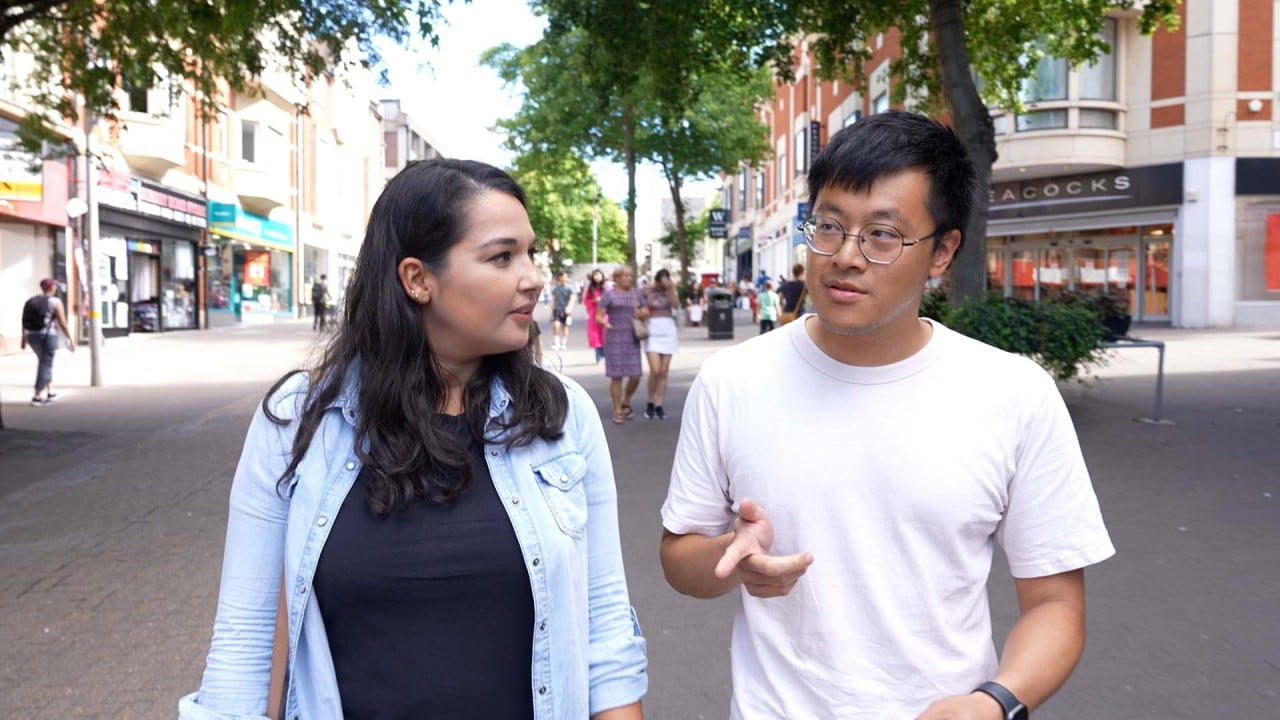
Rishi Sunak should be changing refugee policy not changing the facts
- The British PM is trying to circumvent a court finding that sending asylum seekers to Rwanda would have them face a real risk of persecution
Britain opened its doors to Hong Kong residents in 2021 and more than 160,000 have taken the opportunity to move there under a new visa scheme for British National (Overseas) passport holders.
But the United Kingdom does not welcome all arrivals to its shores. Asylum seekers, claiming they face persecution in their home countries, have faced increasingly tough barriers to entry.
Many have, since 2018, risked their lives by crossing the English Channel in tiny dinghies and boats provided by trafficking gangs. More than 45,000 arrived in 2022 – a record – and a further 27,000 this year.
The trend has become a hot political issue for Prime Minister Rishi Sunak ahead of an election expected next year, with immigration a key concern among supporters of his Conservative Party.
Sunak has vowed to “stop the boats”. But they keep coming. The government hatched an extraordinary plan to solve the problem – send the asylum seekers to Rwanda. But last week, the Supreme Court ruled the scheme unlawful, causing shock and fury in Westminster.
Sunak fights to save Rwanda migrants treaty; new plan to be ready in ‘days’
The plan was to fly asylum seekers from Britain to the African country, which would process their claims instead. In return, Britain paid Rwanda an initial £140 million (HK$1.35 billion).
But the UK has an obligation, under international and domestic law, to ensure asylum seekers are not, directly or indirectly, returned to a country where they face persecution.
The Supreme Court found the evidence provided “substantial grounds” for believing migrants sent to Rwanda would face a real risk of such treatment.
Rwanda had agreed to the deal in good faith and given assurances it would comply with international law. But the court highlighted inadequacies in the country’s asylum system, its human rights record, history of sending applicants to other states and failure to honour assurances given in a similar arrangement with Israel. The judges said “intentions and aspirations do not necessarily correspond to reality”, questioning the ability of Rwanda to ensure its promises are met.
This should spell the end for a policy which has, justifiably, been described as cruel, immoral and unworkable. The government insists Rwanda is a “safe third country” for asylum seekers. But in 2021, Britain criticised Rwanda before the United Nations Human Rights Council for “extrajudicial killings, deaths in custody, enforced disappearances and torture”.
Sunak, however, does not appear to have an alternative. He intends to sign a treaty with Rwanda to address the court’s concerns by providing additional reassurance on the treatment of the migrants.
The prime minister even plans to introduce emergency legislation to declare Rwanda safe. As Lord Jonathan Sumption, a part-time judge on Hong Kong’s Court of Final Appeal, told The Times, this amounts to an attempt to “change the facts” from those established by the court. Sunak has even suggested the UK would pull out of the European Convention on Human Rights.
These outrageous attempts to circumvent the courts are not likely to succeed and will undermine Britain’s reputation for adherence to the rule of law. Instead, the government should be looking to provide safe, legal channels for asylum seekers to make their claims and to cut the time taken for processing them.
The treatment of refugees is a global problem. The UN refugee agency reported in 2021 there were 1.4 million in need of resettlement. There are not enough countries willing to take them.
Hong Kong does not grant asylum, but will not return refugees to places where they will be tortured or persecuted. Little more than 1 per cent of applicants succeed with their bids. Those that do can spend many years waiting to be resettled in another country.
The challenge is to establish a system which is both fair and efficient. But the priority, whether in Britain, Hong Kong or elsewhere, must be to ensure the safety of those fleeing persecution and to allow them to start a new life.
As one successful applicant in Hong Kong told the Post: “No one wants to be a refugee.”


